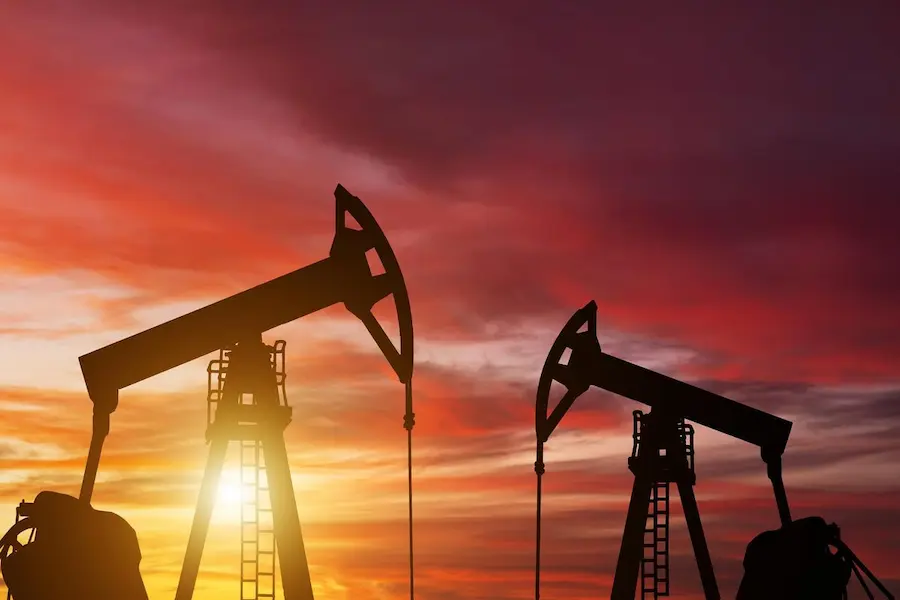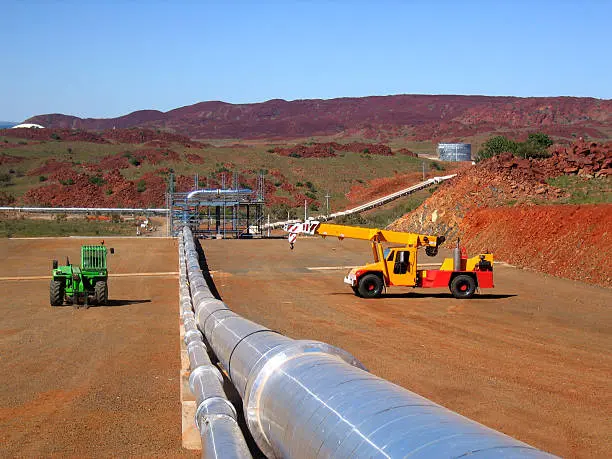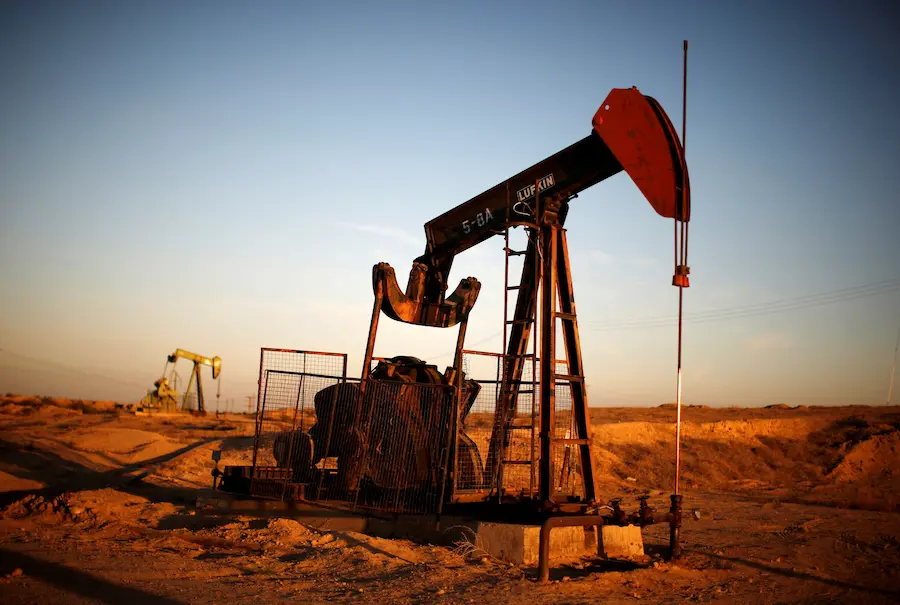How much does it cost to see if your Land has Oil? This is a question that many people are asking as the price of oil continues to rise. The answer, however, is not quite so simple. There are a number of factors that need to be taken into account, including the size of the land and the current market conditions. In this blog post, we will explore how much it costs to conduct an oil exploration project and what factors influence those costs.

There are a number of oil companies in Forth Worth that are seeing a lot of interest from landowners who want to find out if their land has oil. With the current high price of oil, there is a great incentive to explore for new oil reserves. However, oil exploration is a risky and expensive proposition. There are no guarantees that oil will be found, even if all the signs are there.
Table of Contents
Factors To Consider During the Oil Exploration Process
The cost of oil exploration depends on a number of factors, including the size of the land being explored and the current market conditions. Oil companies typically incur exploration costs of between $100 and $200 million per project. However, these costs can be much higher or lower depending on the specific circumstances. For example, if oil prices are low, exploration costs may be cut back in order to save money.

The oil exploration process typically begins with a geological survey of the land. This is followed by seismic testing, which is used to map the underground rock formations. If the results of the seismic testing are promising, then drilling will begin. The oil company will drill a number of test wells in order to determine if there is oil present and how much oil is recoverable.
Once the oil company has determined that there is oil present on the land, they will begin the process of developing the oil field. This includes building roads, pipelines, and other infrastructure. The costs of development can be quite high, depending on the size of the oil field and the location. For example, oil fields in remote locations will incur higher costs due to the need to build roads and pipelines to transport the oil.
The final cost of an oil exploration project will depend on a number of factors, including the size of the land, the current market conditions, and the oil company’s exploration and development costs. However, oil companies typically incur costs of between $100 and $200 million per project. These costs can be much higher or lower depending on the specific circumstances. In this blog post, we have explored how much it costs to see if your land has oil and what factors influence those costs. If you are thinking about exploring for oil on your land, then you should contact an oil company to discuss the costs and risks involved.
Risks Involved When Checking If Your Land Has Oil
Oil exploration is a risky and expensive proposition. There are no guarantees that oil will be found, even if all the signs are there.
The cost of oil exploration depends on a number of factors, including the size of the land being explored and the current market conditions. These costs can be much higher or lower depending on the specific circumstances.
The costs of development can be quite high, depending on the size of the oil field and the location. For example, oil fields in remote locations will incur higher costs due to the need to build roads and pipelines to transport the oil.

Despite all these risks and costs, some people still choose to explore for oil on their land because of the potential rewards involved. If you are thinking about exploring for oil on your land, then you should contact an oil company to discuss the costs and risks involved apart from the ones listed here for you.
What are unclaimed mineral rights?
Mineral rights are the ownership of minerals, including coal, oil, natural gas, and other minerals. These rights can be owned by individuals, businesses, or the government. When mineral rights are unclaimed, it means that no one has staked a claim to them. This can happen for a variety of reasons, such as when a property owner dies without heirs or when a company goes out of business. Unclaimed mineral rights can be found in every state in the United States.

There are a few resources that can help you on how to find unclaimed mineral rights. The first step is to contact your state’s Geological Survey office. They will have records of all claims that have been filed in your state. You can also check with the Bureau of Land Management (BLM). The BLM manages mineral rights on public lands. Finally, you can search online databases. There are a number of websites that maintain lists of unclaimed mineral rights.
If you think you may have found some unclaimed mineral rights, the next step is to file a claim with your state’s Mining and Minerals Division. You will need to provide proof that you are the rightful owner of the minerals. Once your claim is approved, you will be able to start exploiting the minerals for profit.
Factors to Consider When Claiming Unclaimed Mineral Rights
There are a few things to keep in mind if you’re thinking about claiming unclaimed mineral rights:

- Make sure that there are actually minerals on the property. There’s no point in claiming mineral rights if there’s nothing to mine.
- Be aware that you may have to share the profits from any minerals you do find with the previous owner of the property.
- Make sure you’re prepared to deal with any environmental issues that may come up. Mining can sometimes cause environmental damage, so it’s important to be aware of the risks before you start.
If you’re interested in claiming unclaimed mineral rights, there are a few things you need to know. With a little bit of research, you can find out if there are any minerals on your property and how to go about filing a claim. Just remember to be prepared for anything that comes up along the way.
In Conclusion
With a little bit of research, you can find out if there are any minerals on your property and how to go about filing a claim. Just remember to be prepared for anything that comes up along the way. Thanks for reading! We hope this was helpful.

